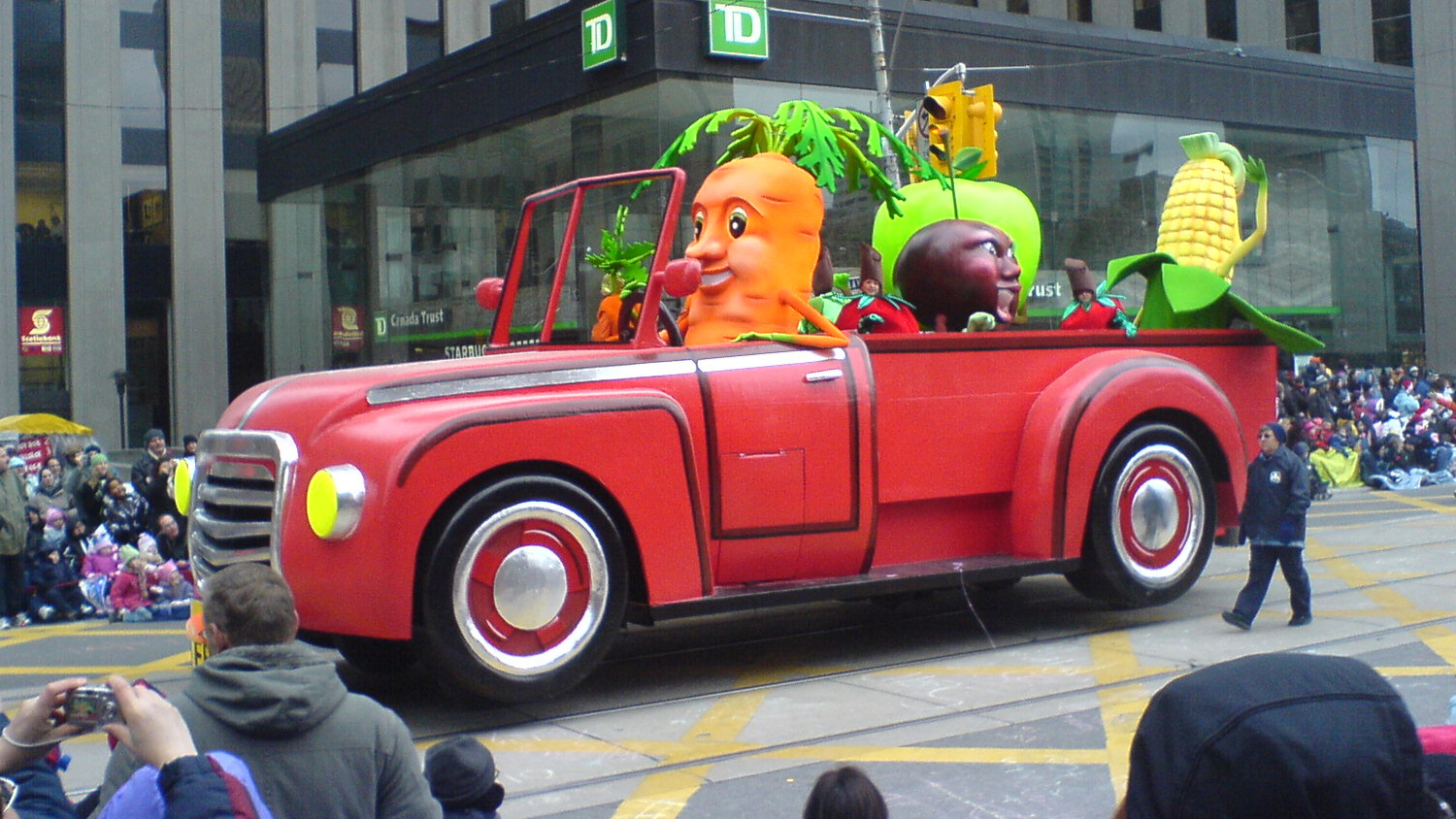When Ford Motor Company found out Heinz was looking for something to do with the waste byproduct from the over 2 million tons of tomatoes it uses each year, an idea took seed, and together the companies devised a saucy plan: Turn all that tomato waste into plastic for cars.
Ford is using the tagline, “You Say Tomato; We Say Tom-Auto.” Of course, puns like that are far below Grist’s standards, but I think we can all agree the time is ripe for this a-peel-ing plan. If it works, Ford will paste its competition.
Also salsa.
Ford’s media center had this to say:
Researchers at Ford and Heinz are investigating the use of tomato fibers in developing sustainable, composite materials for use in vehicle manufacturing. Specifically, dried tomato skins could become the wiring brackets in a Ford vehicle or the storage bin a Ford customer uses to hold coins and other small objects.
“We are exploring whether this food processing byproduct makes sense for an automotive application,” said Ellen Lee, plastics research technical specialist for Ford. “Our goal is to develop a strong, lightweight material that meets our vehicle requirements, while at the same time reducing our overall environmental impact.”
Ford’s researchers teamed with Heinz, Coca-Cola, Nike, and Proctor & Gamble hoping to develop 100 percent plant-based plastics and reduce the use of petroleum (because god forbid cars should use petroleum). Ford points out that it already uses plant matter in its auto construction, including coconuts, which have long been used in the transportation industry, and soy-foam seat cushions, which apparently taste just like the old beef seat cushions.
Not to be out done, Toyota and GM pointed out they’ve been using lemons for years.




